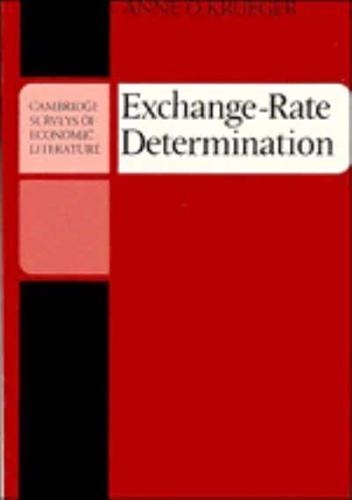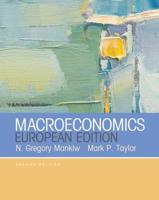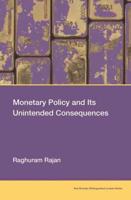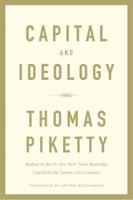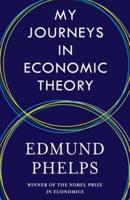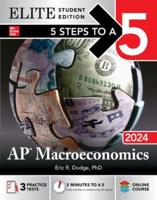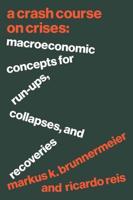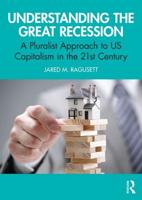Publisher's Synopsis
This volume is intended to provide a survey of thought about exchange-rate determination as it emerged in the decade of the 1970s. This survey differs from many, however, in that the field itself is in a state of rapid change. Understanding the changes and the reasons for them is therefore essential if the reader is to have a basis for understanding future advances in knowledge and the further evolution of the system. The survey is also intended to reach non-specialist professional economists whose balance-of-payments theory was learned before the 1970s, as well as to provide graduate students and advanced undergraduates with an up-to-date account of the field. In most respects, the theory of exchange-rate determination is based upon an analytical structure equivalent to that analyzing the determinants of the balance of payments under fixed exchange rates. The difference is that the shifts in excess demand for foreign exchange lead to quantity adjustments under fixed rates and price adjustment under flexible rates. Thus, attention turns first to exchange-rate, or balance-of-payments, determination. Thereafter formal analyses of differences and similarities between the functioning of the alternative systems are considered, reflecting the focus of the profession and the mainstream of research of this period.
